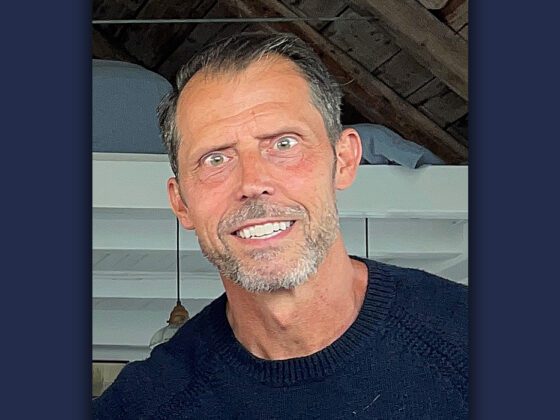Allison Stratton, Senior Associate Director of Lifelong Learning, took part in the inaugural session of Effective Decision Making, one of Darden Executive Education & Lifelong Learning’s newest programs, designed to leverage the fundamentals of behavioral decision making and game theory to train and challenge intuition to make smarter decisions. She shares her experience to help others better understand the impact of this engaging and interactive program.
As a leader, I’ve always understood the significance of making sound decisions. Despite my best intentions, however, I often find myself relying on intuition when confronted with tough choices. As we were developing the Effective Decision Making program here at Darden and I learned more about how it would help equip leaders with the skills to more methodically analyze options, I knew I had to sign up. With excitement and a hint of curiosity, I embarked on a four-day learning experience at Darden’s Sands Family Grounds.
When I stepped into the classroom, my fellow attendees were excited to dive into the topics of the day’s sessions. Any anxiety or nerves were quelled when Professors Manel Baucells and Sasa Zorc began facilitating that first session; their enthusiastic and welcoming demeanor made all feel welcome and ready to dive into the subject matter.
The program kicked off with a series of interactive simulations and decision games, such as a roulette model to see the gains and losses of my choices in real time. These activities brought the material we’d studied to life, and it was fascinating to see how my choices played out in each engagement. The post-activity discussions added a dynamic element to the learning process, uncovering viewpoints I hadn’t previously considered.
One of the most useful skills we developed in the program was the ability to gain insight into the decision-making processes of potential customers, stakeholders and competitors. This enabled me to identify new opportunities and create strategies in my everyday work assignments that better align with the needs of our target audience.
My favorite session was the one on System One vs. System Two Thinking: we explored how our emotions and intuition affect quick decisions and how complex choices make us think more deliberately. Recognizing the differences in the systems has made me aware of the way I approach decisions I face every day.
One of the most useful skills we developed in the program was the ability to gain insight into the decision-making processes of potential customers, stakeholders and competitors. This enabled me to identify new opportunities and create strategies in my everyday work assignments that better align with the needs of our target audience.
Beyond the walls of the classroom, the interactions with fellow professionals was stimulating and engaging. We exchanged ideas, shared experiences, and learned from one another’s unique perspectives. Building these connections strengthened my professional network and provided valuable insights into different industries and leadership styles.
My experience with Effective Decision Making was an enriching and intellectually stimulating one that I’ll carry with me throughout my career. Not only was the material interesting from an academic standpoint, it has already proven practical as I return to work. I feel better equipped to make tough choices and put myself in the shoes of personas throughout landscape of higher education. I highly recommend the course as it is one that anyone can benefit from, regardless of industry or position.




